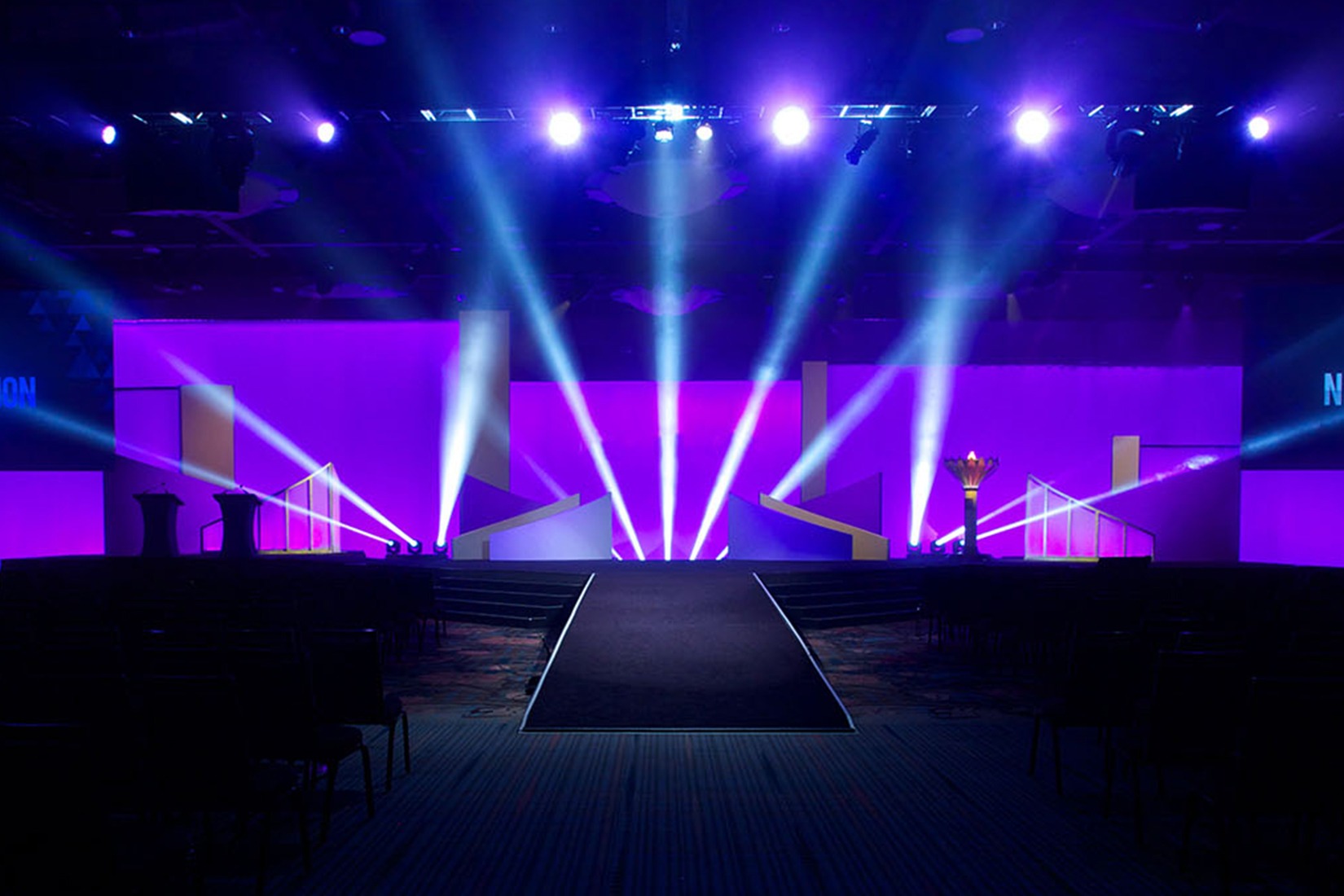Recognizing the Value of Occasions Management in the Manufacturing Sector
The value of events administration within the manufacturing sector can not be overemphasized, as it serves as a crucial component in bridging the gap in between imaginative vision and effective execution. By stressing logistical control, budget plan adherence, and stakeholder communication, effective occasions can boost brand name involvement and functional efficiency.
Function of Events Management
Events management plays a crucial duty in the manufacturing industry, functioning as the bridge between imaginative principles and tangible end results. It includes a vast array of obligations, including preparation, performing, and evaluating numerous occasions, which are important for showcasing productions, engaging target markets, and fostering collaboration among stakeholders.
One of the crucial features of occasions monitoring is logistical sychronisation. This entails securing venues, preparing tools, and managing timelines to ensure that every information lines up with the overarching vision of the production. In addition, occasions managers are entrusted with budgeting and source allotment, which needs an eager understanding of financial restraints and the ability to make the most of value.
In addition, reliable interaction and stakeholder management are vital elements of occasions administration. Experts in this field must liaise with a diverse set of individuals, consisting of musicians, sponsors, and suppliers, to produce a cohesive experience. They also play an essential function in advertising and promotion, using numerous networks to generate interest and presence.

Benefits for Manufacturing Firms
An efficient events monitoring technique can yield substantial advantages for production firms, enhancing their total operational effectiveness and market existence. By enhancing the planning and execution of events, production firms can allot resources much more properly, reducing expenses linked with mismanagement or last-minute adjustments. This effectiveness not just conserves cash but also enables groups to focus on their core expertises, ultimately leading to higher-quality results.
Furthermore, well-executed events can serve as powerful advertising devices, raising brand visibility and fostering more powerful relationships with clients, stakeholders, and the public. Involving events develop chances for networking and partnership, which can result in brand-new collaborations or tasks that amplify a company's reach within the sector.
In addition, events can provide valuable insights via target market feedback and interaction metrics, allowing manufacturing companies to fine-tune their techniques and offerings. This data-driven approach can lead to more targeted advertising efforts and improved client complete satisfaction.
Trick Components of Effective Events
Effective occasions rest on several crucial components that add to their overall impact and efficiency. Primarily, clear objectives are important; recognizing the objective of the event allows for focused preparation and implementation. This entails recognizing the target audience and tailoring the event's content and tasks to meet their requirements.
Furthermore, meticulous preparation is important. This consists of establishing a detailed timeline, appointing duties and obligations, and handling budget plans successfully. Attention to logistics, such as location choice, tools services, and providing solutions, can not be overlooked, as reference they straight influence the occasion's success.
One more vital element works communication. This encompasses not just inner coordination among group members yet additionally outside messaging to stakeholders and participants, ensuring everyone is educated and engaged.
Obstacles in Occasion Sychronisation
Coordinating an event presents an unique collection of difficulties that can influence its total success. Among one of the most considerable obstacles is handling time efficiently. Events often have limited timetables, and any type of delay can bring about a cascading effect on subsequent tasks, reducing the experience for participants. In addition, logistical complexities such as place choice, transportation, and devices rentals need meticulous planning and sychronisation.

Spending plan restrictions also pose a substantial challenge. Occasion coordinators have to navigate economic restrictions while aiming to satisfy the expectations of stakeholders, which often necessitates creative services to make the most of sources. Stakeholder administration can be specifically complex, as varying rate of interests amongst sponsors, vendors, and Recommended Reading clients need to be harmonized to attain a cohesive vision.

Future Fads in Occasions Management
Increasingly, the events management market is accepting technical advancements that are improving the way events are planned and performed. One considerable fad is the increase of online and hybrid events, which offer higher access and versatility for participants (production companies in charlotte nc). This shift permits organizers to reach bigger target markets while decreasing logistical prices connected with typical in-person gatherings
An additional trend is the combination of data analytics devices to why not try these out enhance occasion experiences. By collecting and assessing attendee data, occasion managers can tailor experiences to better satisfy target market preferences and improve engagement. This data-driven technique not only improves participant complete satisfaction however also supplies useful understandings for future occasions.
Sustainability is additionally ending up being a prime focus in events management, with companies focusing on environment-friendly practices such as minimizing waste and carbon impacts. This trend straightens with broader social shifts towards environmental consciousness, appealing to a market significantly concerned concerning sustainability.
Last but not least, making use of immersive technologies, such as enhanced truth (AR) and digital fact (VR), is established to revolutionize occasion experiences, producing interesting and interactive atmospheres that leave lasting impacts on attendees. As these trends proceed to progress, they will definitely form the future landscape of events management in the production industry.
Verdict
In conclusion, effective occasions monitoring is vital for the production sector, bridging the gap in between innovative concepts and their execution. Inevitably, a tactical technique to occasions management is essential for sustained sector development.